Our family spent the Christmas Holiday in an immigrant interpretation of the American middle class: in a mountain cabin, surrounded by snow, sub-zero temperatures, and around a remote-controlled gas grill that has been artfully marketed as a see-through fireplace.
One night we had an unintentional brush with propaganda, an event that is slowly rippling through my days, and makes me reflect about how propaganda ceased to prop our late capitalist society, and is instead propelling it to new stages, morphing it into something entirely new and no less perplexing than the regime in which we’ve lived since WWII.
As it happened, we decided to play a few rounds of poker as an excuse to raid our beer stash and while away the evening. We pulled from a drawer a Chinese deck of cards that we bought years ago in the chaotic antiques market that used to be held around Tientan Temple in Beijing, this was at a time when the Chinese themselves were hesitant about the approved nature of their propaganda, and sold the Little Red Book, lapel buttons with Chairman Mao’s effigy, as well as other propagandistic tchotchkes to foreigners, more out of greed than of revolutionary fervor.






As expected, the deck as a delightful, pocket-sized time machine: the back of every card had a picture of Chairman Mao with the usual gaze of a mildly bored stoner, and the face of each card had the usual tableaus that conformed to a sinicized form of Soviet Realism, that, aside from the intention, was not Soviet nor realistic, but percolated through China’s tradition of watercolor painting. The tableaus formed a cornucopia of rudy-faced maidens, grinning tractor drivers, factory workers with the stare of one contending with mild constipation (according to Soviet Realism, factory workers are always depicted with the expression of someone mildly disturbed by an intestinal ailment) as well as the usual assortment of figures from the Communist Pantheon: there are plenty of Maos in different degrees of congeniality, there is a perfunctory Marx-Engels-Lenin triad, yet, Stalin sat home for this deck. And so did other top members of the Chinese Politburo of the time; after all, if Mao is the main message, they would just be accompanying noise that the propaganda machine filtered out.
Yet, what stood out the most was not what we found in the deck, but what was absent from it, for, unlike in the West (or possibly anywhere else where cards are played,) the deck did not have Jacks, Queens nor Kings, or even aces, the figures had been purged and replaced by the continuation of the numeric system, thus, past 10, the Jacks became 11s, the Queens 12s, and Kings 13s.






This exchange had an oddly disorienting effect, which, for those used to a traditional deck, operates as a metaphor for the disorientation that comes from tearing apart a milenar society, and replacing it with another that has been filtered by the ideological tenets du jour, and afflicted by a lack of sartorial propriety.
We could fill endless pages of countless more essays about the meaning of the figures in the cards, their intended message and effect, or their historical context, etc. However, at a much higher level, the mere existence of such a deck has two direct and powerful messages: one is that any Chinese playing a game with that deck was the embodiment of Communist success, those players would be a party of people at leisure, a leisure imparted on them by the success of a Communist society, the other message is that the deck serves as a post-hoc validation of Communist history and hagiography, its existence should be proof enough of the triumph of the Red Revolution.
As I put my cards down, Chairman Mao winks at me again with the bonhomie of a benevolent stoner, No matter what cards are played, he’s already won.
Adelino de Almeida
Julho, 2020
Galeria de Imagens
Fotos de Adelino de Almeida




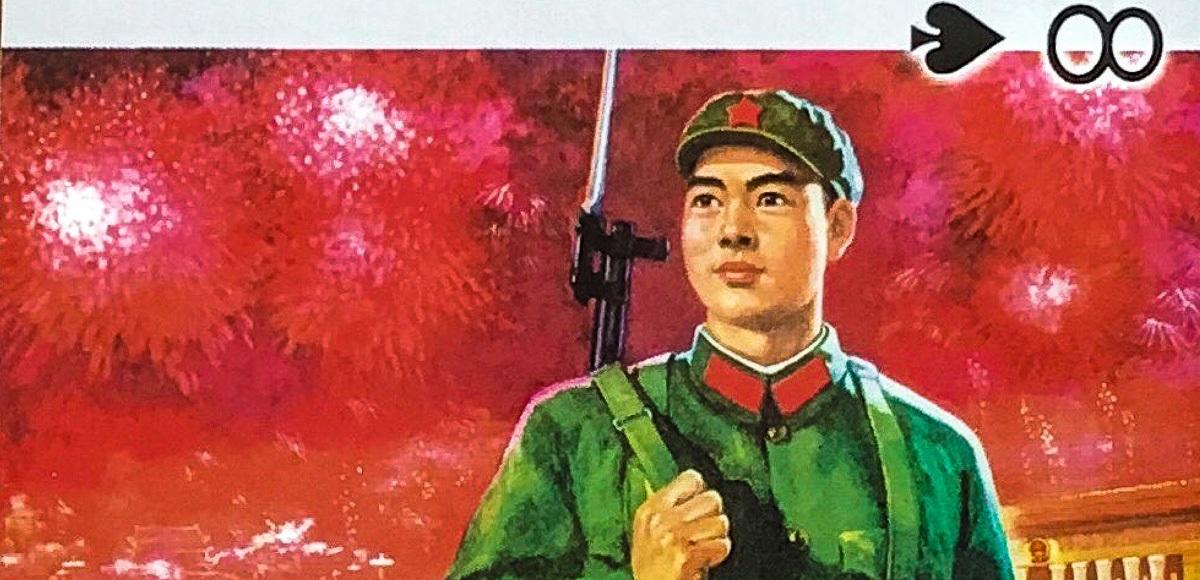




















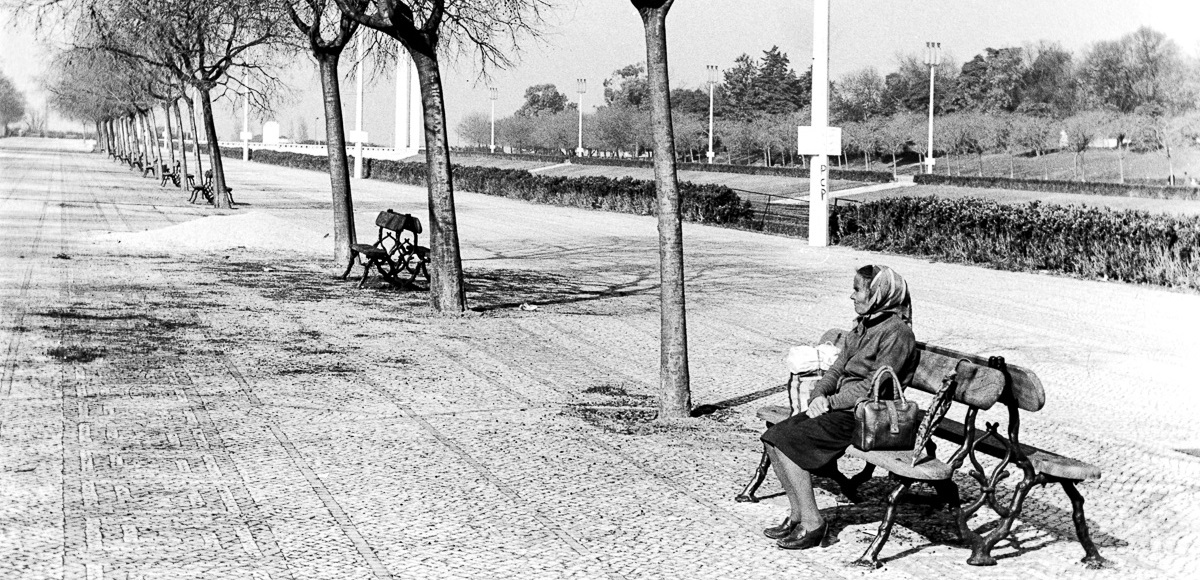

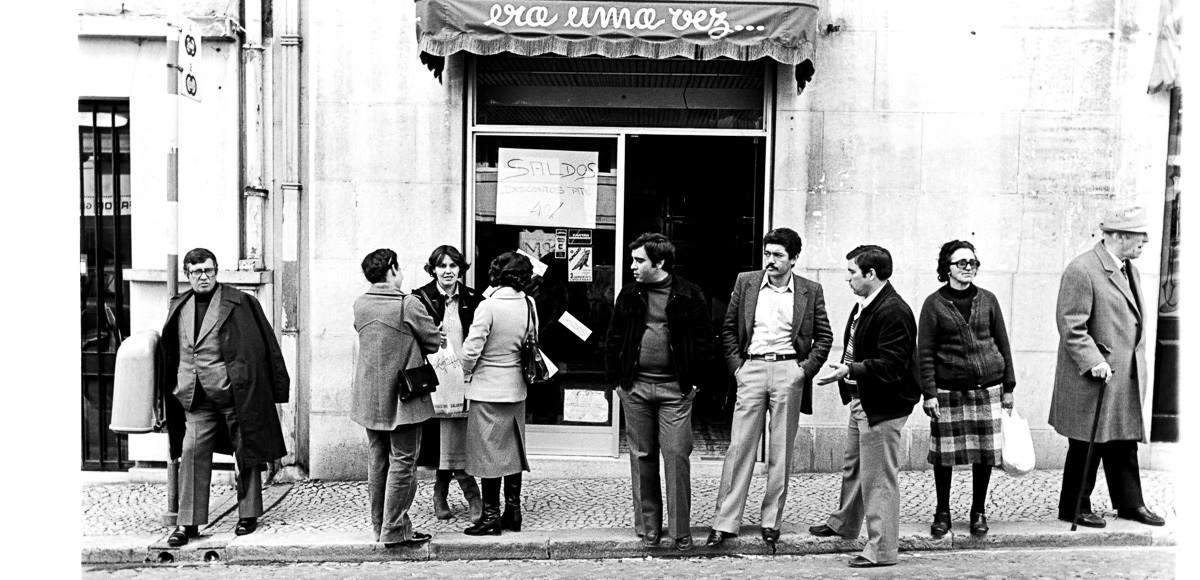
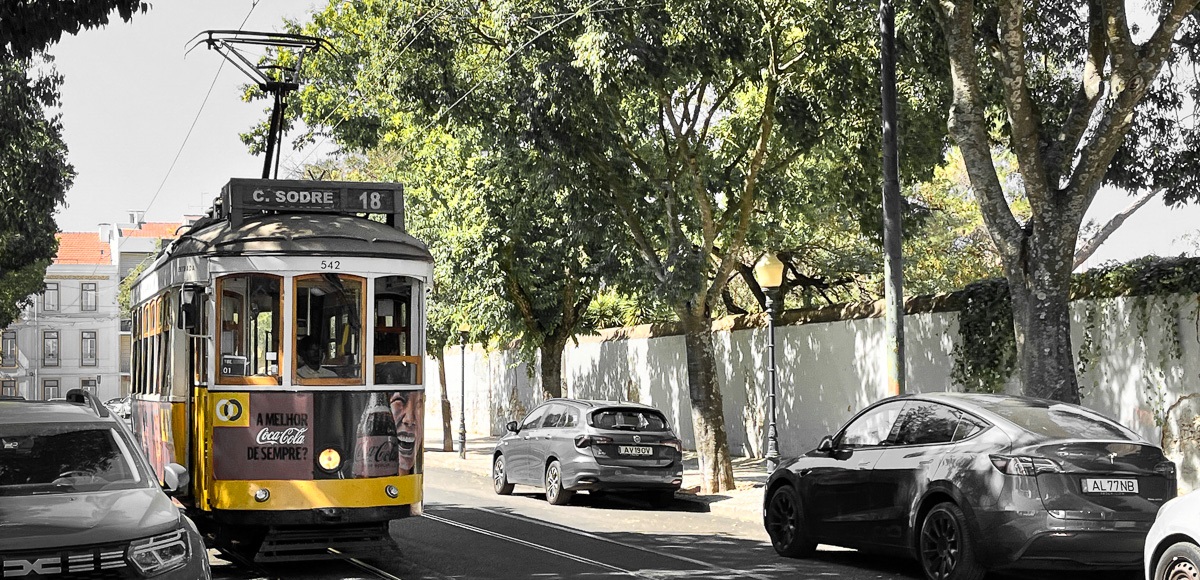

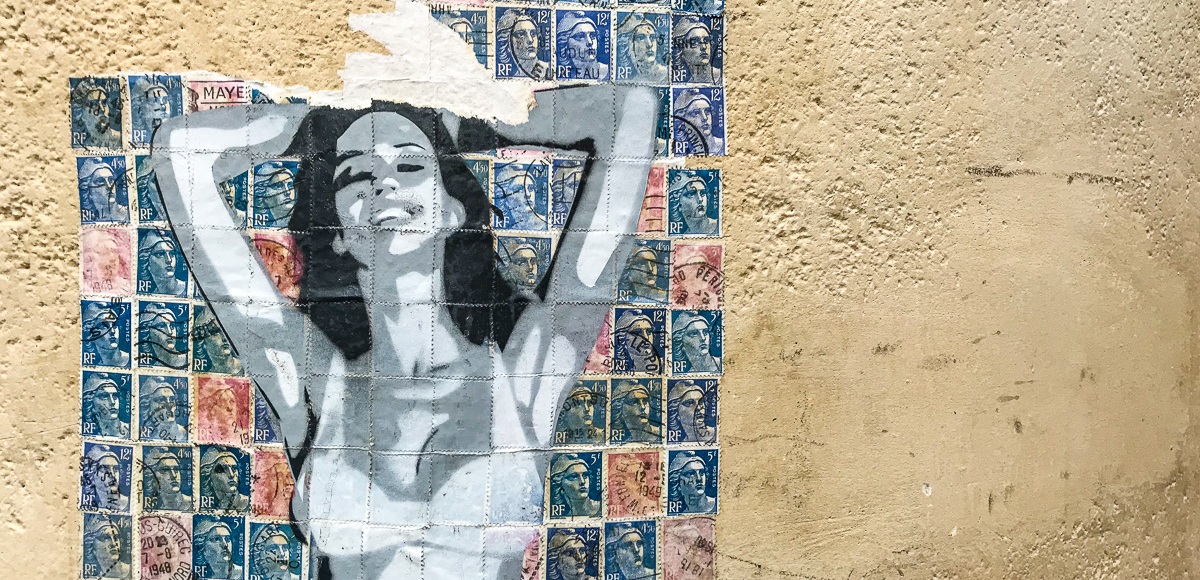
Minnie Freudenthal | 2020-07-19
|
Adelino, obrigada por partilhares este pequeno tesouro! sempre me delicio com o design revolucionário sempre com gestos e sorrisos abertos e cores vivas…
Adelino de Almeida | 2020-11-01
|
É bem verdade, as revoluções abrem sempre cancelas para o jardim de um futuro perfumado que nunca vem.